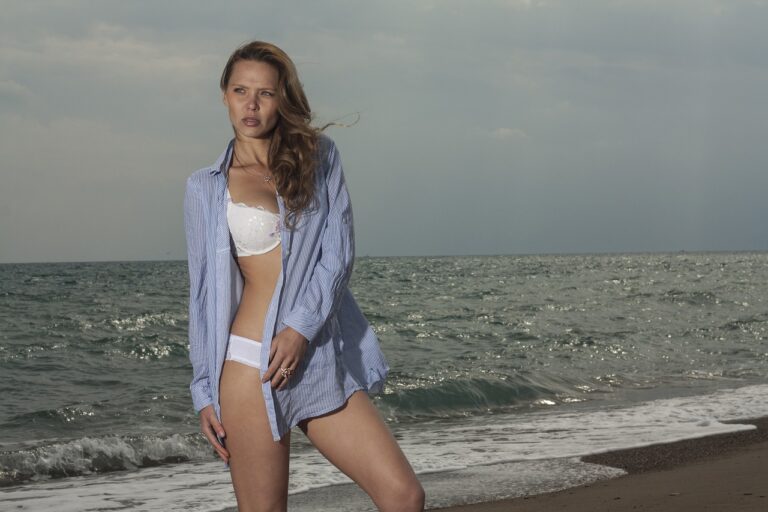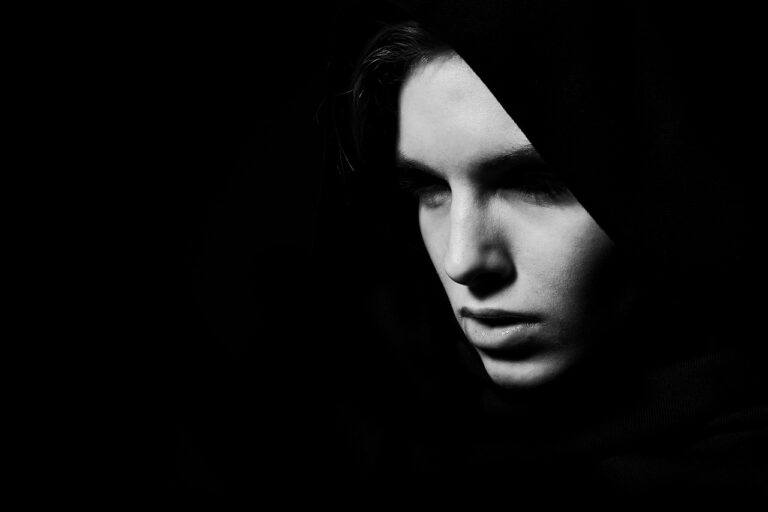Fashion Psychology: The Power of Clothing in Self-Expression: 99 exch, Laser 247 com, Yolo 247 login
99 exch, laser 247 com, yolo 247 login: Fashion Psychology: The Power of Clothing in Self-Expression
Have you ever stopped to think about the relationship between what you wear and how you feel? It turns out that there is a fascinating field of study known as fashion psychology that explores the impact of clothing on our emotions, behaviors, and self-perception.
Our clothing choices can have a profound effect on how we see ourselves and how we are perceived by others. The colors, styles, and fabrics that we choose to adorn ourselves with can communicate a wide range of messages, from our mood and personality to our social status and cultural identity.
In this article, we will delve into the world of fashion psychology and how clothing can be a powerful tool for self-expression. Let’s explore the ways in which our wardrobes can shape our thoughts, feelings, and interactions with the world around us.
The Psychology of Color
Color is one of the most powerful elements of clothing when it comes to influencing our mood and emotions. Different colors can evoke various feelings and associations, and our choice of color can communicate a lot about our inner state.
For example, bright and warm colors like red and yellow are often associated with energy, passion, and vitality, while cool colors like blue and green can evoke feelings of calmness, serenity, and harmony. The color black is often linked to sophistication, elegance, and authority, while white can represent purity, cleanliness, and simplicity.
Understanding the psychological meanings of different colors can help you use clothing strategically to achieve certain outcomes. Whether you want to boost your confidence, create a sense of calm, or make a bold statement, choosing the right colors can help you harness the power of clothing to express yourself effectively.
The Influence of Style
The style of clothing you choose can also have a significant impact on how you feel and how others perceive you. Whether you prefer classic, minimalist, bohemian, or eclectic styles, your wardrobe can reflect your personality, values, and lifestyle.
For example, someone who gravitates towards tailored suits and polished accessories may be perceived as professional, sophisticated, and detail-oriented. On the other hand, someone who embraces bohemian prints, flowy fabrics, and eclectic jewelry may be seen as artistic, free-spirited, and unconventional.
Exploring different styles and experimenting with diverse fashion trends can help you discover new facets of your identity and express different aspects of yourself. By mixing and matching pieces that resonate with you, you can curate a wardrobe that reflects your unique personality and interests.
The Power of Clothing in Social Interactions
Clothing is often the first thing that people notice about us, and it can shape the way we are perceived in social interactions. From job interviews and first dates to networking events and social gatherings, our clothing choices can influence how others perceive our confidence, competence, and credibility.
Research has shown that dressing professionally can enhance our performance and self-confidence in professional settings, while dressing casually can promote a sense of relaxation and approachability in social situations. By dressing in a way that aligns with the context and expectations of a specific setting, you can effectively communicate your intentions and establish rapport with others.
Moreover, clothing can also serve as a form of nonverbal communication, conveying messages about our social status, cultural background, and personal values. Whether you choose to dress in designer labels, vintage finds, or handmade creations, your clothing can signal your taste, aspirations, and affiliations to those around you.
FAQs
Q: Can clothing truly influence our emotions and behavior?
A: Yes, research has shown that clothing can impact our mood, self-perception, and behavior. The clothes we wear can influence our thoughts and feelings through a process known as enclothed cognition, where clothing triggers psychological changes that can affect our cognitive processes.
Q: How can I use clothing to boost my confidence?
A: Dressing in clothing that makes you feel comfortable, confident, and authentic can help boost your self-esteem and sense of empowerment. Choose pieces that make you feel good about yourself and align with your personal style and values.
Q: Is there a connection between fashion psychology and sustainable fashion?
A: Yes, there is a growing awareness of the psychological impact of fast fashion and the importance of sustainable fashion practices. By choosing ethically made and environmentally friendly clothing, you can feel good about your fashion choices and express your values through your wardrobe.
In conclusion, fashion psychology illuminates the profound influence of clothing on our thoughts, feelings, and interactions with the world. By understanding the power of clothing in self-expression, we can harness its potential to convey our emotions, personality, and aspirations to ourselves and those around us. So, next time you step into your closet, remember that your clothing is not just something you put on it’s a powerful form of self-expression that can shape your identity and influence your experiences.







